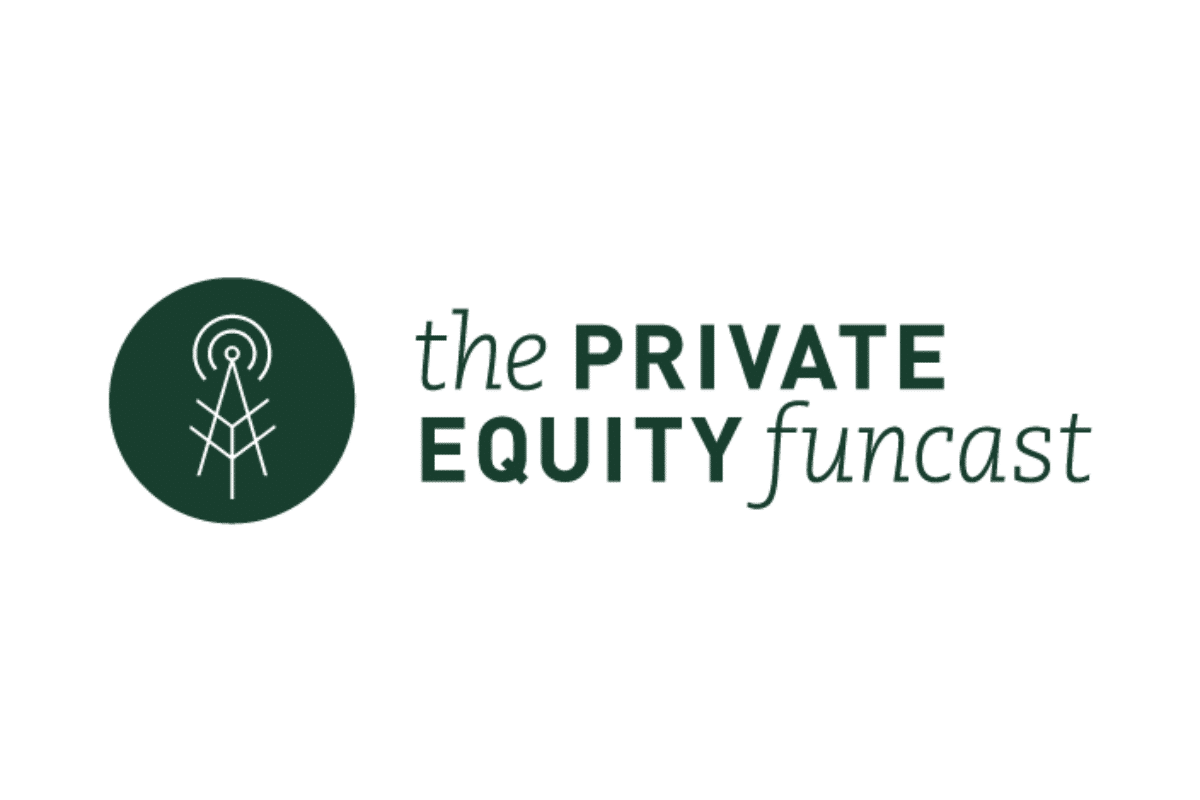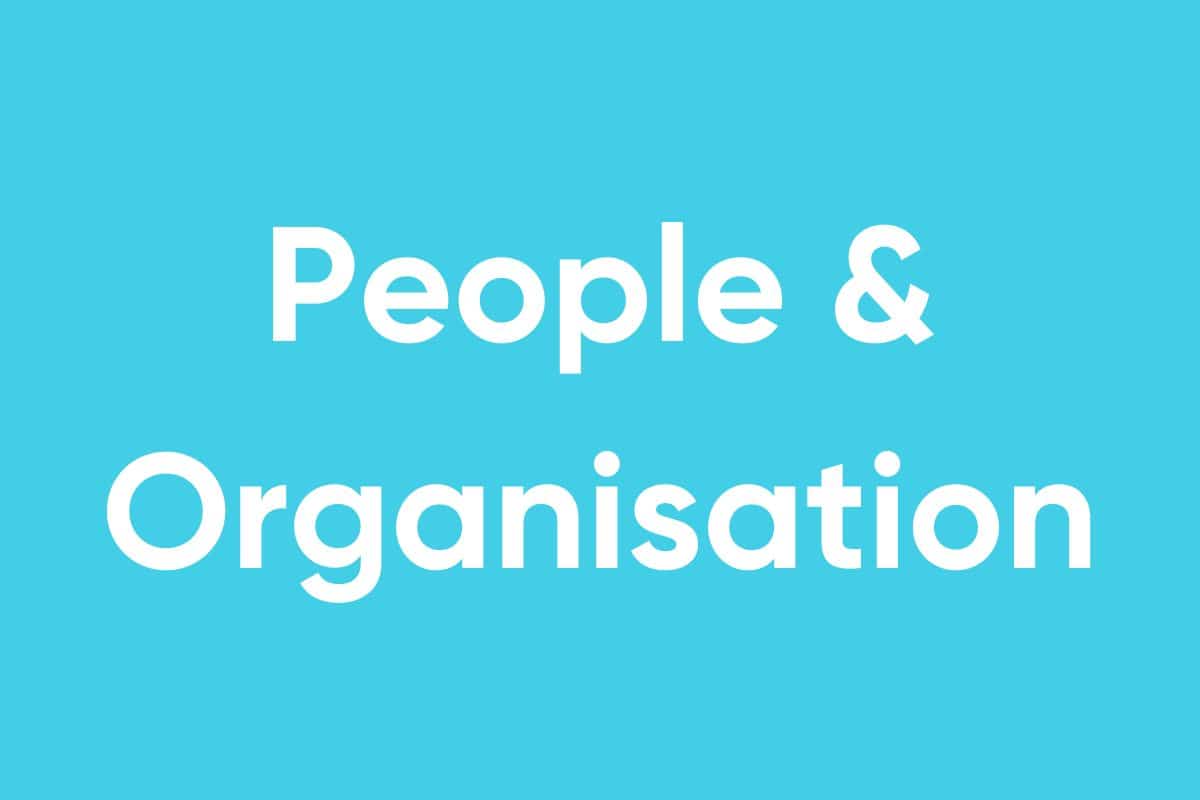In recent years, venture capital funds, as well as companies funded by these funds, have consistently been present in the media. The number of venture capital investors steadily increased until 2022, and the existing investors are relentlessly pursuing ever-expanding fund volumes and financing. Some founders even include substantial funding rounds in their initial business plans, aiming to meet the media’s expectations of rapid and unrestrained growth and to ascend quickly to the ranks of prestigious “unicorns” or even “decacorns.” According to Statista, the volume of venture capital investments in Germany tripled in the five years leading up to 2022. In the face of such growth, why should entrepreneurs, contrary to the trend, still forego venture capital and opt to build profitable businesses? In the following, three thought-provoking points are presented and elaborated upon.
The corporate culture
During financing rounds, companies often experience an unprecedented surplus of liquid funds. Suddenly, it becomes “normal” for the company to afford, want, and even need many things. The pressure to grow the business in line with the expectations of the financier necessitates broad investments, especially in areas such as personnel, marketing, and sales – resulting in many initially positive effects for employees. Employees suddenly enjoy numerous benefits, career advancement can be swiftly achieved based on rapid growth, and numerous exciting projects are supported with substantial financial resources. The company’s DNA and culture become entirely oriented towards externally funded growth. However, what happens when a company slows down its growth and now must generate profits to self-finance further expansion? A sustainably profitable company requires a different culture from one focused on rapid, externally funded growth, and cultural adjustments are often delicate. Experience shows that many companies struggle with this necessary change in their DNA, often leading to waves of layoffs, as currently seen in numerous businesses. Employee dissatisfaction arises, which can lead to the failure of the enterprise. A sustainable focus on profitable growth allows the company to avoid such radical cultural changes and establish the existing DNA in the long term and sustainably.
Positive pressure to innovate
Companies that finance strong growth based on external capital often do not know during the years of growth whether the underlying business model will allow long-term profitability. Many market changes may not require an immediate response in the initial stages, as only revenue counts at first. The showdown occurs when investors expect strong profit margins from the company. In contrast, self-financed companies generate growth funding beforehand and focus on the profitability of projects. Swift market feedback on the product-market fit is of utmost importance. Any change in market dynamics must be evaluated with regard to the company’s own business model, and projects need to be cross-financed or quickly become profitable. This creates positive pressure to constantly innovate and respond to market demands in a customer-centric manner, potentially requiring dynamic adjustments to the business model. Successfully mastering this challenge often allows companies to sustain their presence in the market over the long term.
Crisis resistance
The immense investments that follow the initial rounds of financing are aimed at achieving dimensions of growth that would be unattainable without external capital providers. As a result, companies are compelled to conduct frequent capital rounds to finance the costs of the ever-expanding growth ambitions of the next investors. The outcome is a significant dependency on capital providers. Selling within the venture capital cycle is also challenging: Venture capital-funded companies are generally unattractive to traditional private equity investors, as they cannot carry external financing due to their financial profile, and the valuations offered by venture capital firms are not compatible with more conservative growth expectations. But what happens when the capital market loses risk appetite? The result, driven by the global economic situation, is currently evident in the media. Valuations can drop by up to 90%, staff reductions become a requirement for funding rounds, and some companies find no willing financing partners at all. Profitability and earnings suddenly become the focus of investors. In general, convincing capital providers of venture cases becomes significantly more challenging. Profitable growth companies are much less reliant on global financial markets and therefore considerably more crisis-resistant. The financial cushions and profitable structures created in past years serve, if necessary, as bridging means during economically challenging times.
In conclusion, it can be said that both the growth path through venture capital and that through bootstrapping have their own distinct advantages and disadvantages. Often, the choice between them depends on the preferences and vision of the entrepreneur. Other business models may require significant initial investment. At FLEX, we witness and hear numerous remarkable entrepreneurial stories every year, where exceptional entrepreneurs have built impressive companies without any external financing. We hope that in the future, many founders will choose this path as well.












